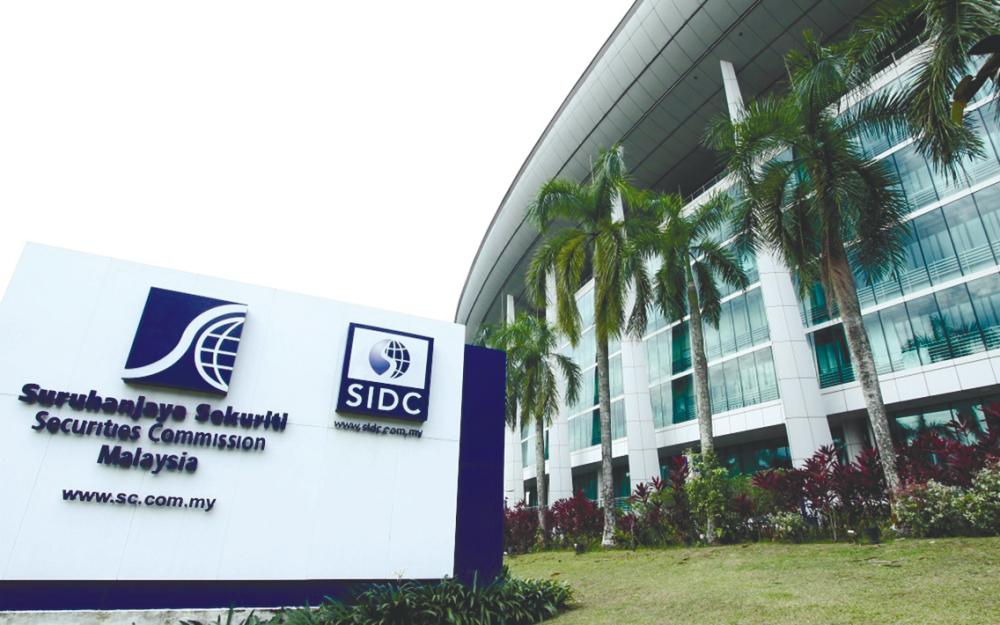PETALING JAYA: The Securities Commission Malaysia (SC) revealed that the Third Capital Market Masterplan (CMP3) will focus on further expansion of the funding escalator as a means to address the estimated RM90 billion financing gap among MSMEs.
With the master plan, it hopes to be more facilitative at specific segments of the business growth cycle and be able to scale them up.
“Private equity market space is indeed an area of focus for CMP3, hopefully we’ll be able to leverage the foundation we have built and expand further, making it more relevant to their needs,” the SC told the media during the master plan’s virtual briefing on Monday.
Since it laid the foundation for equity crowdfunding (ECF) and peer-to-peer (P2P) financing framework four years ago, these alternative financing channels have provided over RM2 billion of financing to over 3,800 companies.
“We realised to enable more deal flows, it needs to happen at the earlier stage and there is a need to widen that investor base, as building a pipeline of quality startups needs to start at the seed stage.”
To do so, the regulators are looking into opening up the early phase of the growth cycle to angel investors (who have higher risk appetites), and it will assess the limits, incentives and structures to allow them to come together with a lead angel investor at the structure.
In addition, it is also assessing models and platforms for angel investors to network with a group of investors to get them to participate in such deals.
In the years to come, the SC believes the market will no longer be a one size fits all situation, instead there will be segments, products and service providers that cater to different needs.
“We’d like to think the foundation we laid here will be able to expand and cater to those needs, in the case of MSMEs their financing needs are being catered to,” it said.
To put it into context the regulator pointed out in 2020, for the first time in 17 years the MSMEs sector trailed Malaysia’s GDP growth, which is a clear indicator of financing in the sector.
“Against the backdrop of a Covid-19 recovery, it is critical for the capital market to close the financing gap,” it said.
In addition, the CMP3 will expand on the efforts made towards sustainability by the SC, which started with the introduction of the sustainable responsible investing sukuk framework in 2014 that have led to a number of initiatives in this space.
For the upcoming master plan, it will be looking to facilitate businesses in their path towards sustainability through transition financing – enabling businesses to raise funds to support activities that will eventually move them closer to achieving their net zero targets or better sustainability practices.
The regulator pointed out the introduction is timely given the accelerated move towards sustainability agenda, globally.
“We hope this will create more opportunities, platforms and products for businesses to tap on and attract investors focused on sustainable investing via transition financing,” it said.
“Simultaneously, we hoped to match the needs of businesses and investors looking to invest more responsibly and sustainability.”
Overall, the SC anticipates this would translate into better transparency on the back of requirement on disclosure and availability of data, creating a better ecosystem that would enable businesses to be assessed more comprehensively by investors.
In doing so, it hopes to create a virtuous cycle that allows businesses to demonstrate their commitments and allow investors to assess and track their progress in sustainability at the same time.















